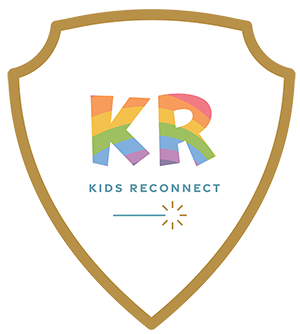Firstly, the sooner a child can feel better, the better.
In terms of school, feeling stressed impairs a child’s ability to learn. Even more deeply, when a child is not doing well in school, it hinders their sense of worth or self-esteem.
Their emotional struggles affect how a child feels about school and impact how well they can do in school. A sudden drop in school performance is often a signal that something big is going on in a child’s emotional world that requires or could greatly benefit from specialized help.
In therapy, children manage and process their “big feelings” so that the impacts of going through whatever is troubling them do not carry through for weeks, months, or even years into adolescence and adulthood. Kids need to feel better to do better.
Kids need to feel better
to do better.
This way, therapy can be viewed as a way to support your child’s success in school, even when they’re not in school during the session. Therapy can help your child improve their learning, their sense of engagement in their class, their friendships at school, and their sibling relationships.
Many parents have advised that coming in with their child during the daytime allows them to support their child in these areas in a special way. Besides – how many times do you, as a parent, wish you could miss a boring work meeting during the workday?


